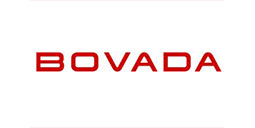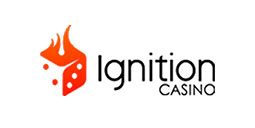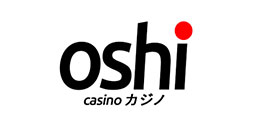“We’re focused on so many diverse kinds of use cases. We consider food safety we consider microfinance we seem things such as the surroundings and carbon monoxide and energy savings,” she clarified. “And this just sounds like another opportunity to enable developers to put their abilities to use once and for all.”
Kathryn Harrison, who directs product management for the IBM Blockchain platform, told CoinDesk the initiative grew out of internal talks earlier this year about the “opportunities to utilize this technology in areas which we can do some fairly substantial social good.”
Developers taking part in Challenge Accepted will utilize IBM’s Blockchain Platform Starter Plan to build a network which encompasses all aspects of the donation procedure.
The leader in blockchain information, CoinDesk is a press outlet that tries for the greatest journalistic standards and abides by a strict set of editorial policies.
Humanitarian aid image via Shutterstock
Stepping back, both the UN and other help groups have previously researched using blockchain to track aid to impoverished places. Cryptocurrencies, also, have served as a platform for facilitating donations to a range of causes, from clean water access to the supply of power for a school in South Africa.
And it is not only the money that will be accounted for, ” he said – associations can utilize a blockchain to boost transparency in the stream of goods being delivered as well.
Simon Moss, a co-founder of Global Citizen, argued at a blog article published Friday that the technology has the potential to alter the surface of humanitarian aid.
The technology giant and the anti-poverty effort motion are partnering on “Challenge Accepted,” motivated by the United Nations’ Envision 2030 initiative, that intends to enhance the lives of both territorial and at-risk folks.
“This is a daring reinvention of philanthropy and donors interact.”
“Blockchain can provide clarity on not just who’s donating, but cash and provides flow through organizations offering aid – like tracking a gallon of water bought by an organization to where it had been delivered,” he said.
A connection in the chain
Harrison also framed the challenge – that runs from May 15 to July 14 – within the wider work being done at IBM about the blockchain front.
In the end of the challenge, five winners will be chosen from the pool of contestants. Harrison said some of the jobs could be listed in the IBM Blockchain Platform, starting those templates to additional users – and even winners could potentially take their jobs farther through IBM’s Garage workspaces. The winners will also receive tickets to Global Citizen’s Global Citizen Music Festival in September.
He reasoned:
There’s a gamification facet as well – and also the way, developers who perform specific actions can make “points” they could then redeem for entry to IBM experts, for example.
“I think it’s a very exciting opportunity to assist engaged taxpayers determine how they could build something which’s going to drive improvement and accountability in the [non-governmental organization] business,” Harrison explained.
The challenge is an opportunity for developers looking at aid-focused uses of blockchain to advance their ideas – however as Moss contended in his blog article, there’s a bit more at stake here.
More than cash
IBM, Global Citizen Seek Blockchain Solutions for Humanitarian Aid - July 2025
EXPERTLY REVIEWED
MOBILE FRIENDLY
FAST PAYOUTS
- CasinoRatingBonusVisit Casino
Get your 100% Match Bonus up to $1000!
200% match bonus up to 2000
Up to 5 BTC
100% match bonus + 180 free spins
Get up to 1 BTC on First Deposit!
Welcome bonus up to 1.5BTC + 250 free spins
Get your 5 BTC Welcome Bonus
Top Rated
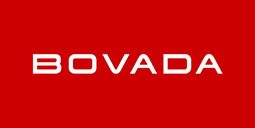

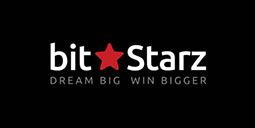
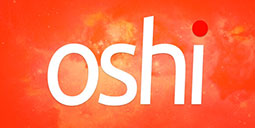
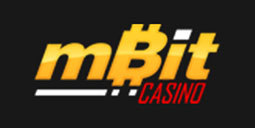
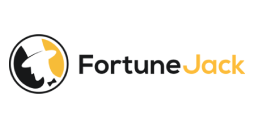
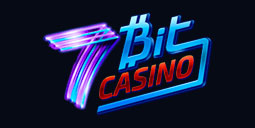
Search
Casino List
- Bovada Casino
- 7bit Casino
- Bitstarz Casino
- Sun Palace Casino
- Ignition Casino
- Tangiers Casino
- Nitrogen Sports Casino
- Casumo Casino
- Fortunejack Casino
- Mars Casino
- Mbit Casino
- Cafe Casino
- Drake Casino
- Grand Fortune Casino
- CryptoReels Casino
- Wild Casino
- Betchain Casino
- Oshi Casino
- Bitcoin Penguin Casino
- Joe Fortune Casino
- Vegas Casino.io


